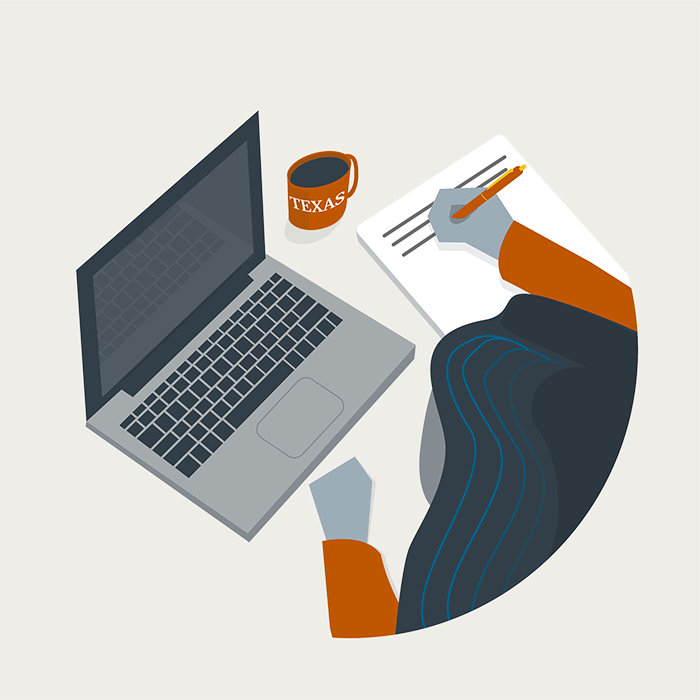Blitz News Digest
Stay updated with the latest trends and insights.
Zoom Fatigue Is Real: Here’s How to Beat It
Discover effective tips to conquer Zoom fatigue and reclaim your energy! Don't let virtual meetings drain you—read more now!
Understanding Zoom Fatigue: Causes and Solutions
Zoom fatigue has emerged as a significant challenge in our increasingly digital world. As more people rely on virtual meetings to connect with colleagues, friends, and family, the demands of constant video conferencing can lead to feelings of exhaustion. The primary causes of this phenomenon include the need for heightened concentration, the difficulty of reading non-verbal cues through a screen, and the pressure to appear engaged and present. Additionally, the lack of physical presence can make communication feel less organic, contributing to feelings of isolation and stress.
To combat Zoom fatigue, consider implementing several practical solutions. Firstly, schedule regular breaks during long meetings to allow participants to recharge. Secondly, try to limit back-to-back video calls by designing your calendar with buffers in between. Thirdly, encourage a more casual atmosphere by turning off cameras during some discussions, which can help ease the pressure of maintaining a polished appearance. Lastly, integrate alternative communication tools such as emails or instant messaging for quick updates, reducing the need for excessive video calls.

10 Tips to Combat Zoom Fatigue and Stay Productive
Zoom fatigue has become a common phenomenon as virtual meetings and online interactions dominate our professional and personal lives. To combat this exhaustion, start by scheduling breaks between meetings. Aim for at least a 5- to 10-minute pause after each session to recharge your mind. Additionally, consider setting a limit on the number of back-to-back meetings in a day to avoid overwhelming your schedule. Creating a structured routine can significantly help maintain your productivity while combating feelings of fatigue.
Another effective strategy is to reduce screen time by opting for audio-only meetings whenever possible. This shift not only eases the strain on your eyes but also allows you to engage more dynamically without being glued to the screen. Furthermore, practicing mindful breathing exercises before and after meetings helps clear your mind and improves focus. Remember, it is important to prioritize your well-being; implementing these 10 tips can help you stay productive and minimize Zoom fatigue in the long run.
Is Zoom Fatigue Affecting Your Mental Health? Here's What You Need to Know
Zoom fatigue is becoming an increasingly recognized phenomenon as more people rely on virtual meetings for both work and social interactions. The constant need to focus on a screen, maintain eye contact, and manage the technical aspects of video calls can lead to feelings of exhaustion. This fatigue can diminish productivity and impact mental well-being, as the brain struggles to process both visual and audio inputs in a non-natural setting. The overstimulation from continuous conversations with people where body language and subtle cues are often missed can leave individuals feeling drained and stressed.
To combat Zoom fatigue and protect your mental health, consider implementing a few strategies.
- Schedule Breaks: Make sure to incorporate regular breaks between meetings to recharge.
- Set Boundaries: Limit the number of back-to-back calls and try to keep communication concise.
- Engage Mindfully: During calls, focus on active listening and consider turning off your camera occasionally to reduce the pressure of maintaining an appearance.